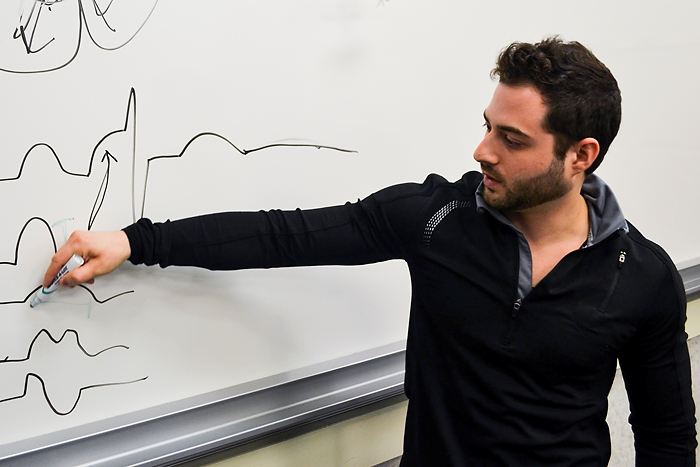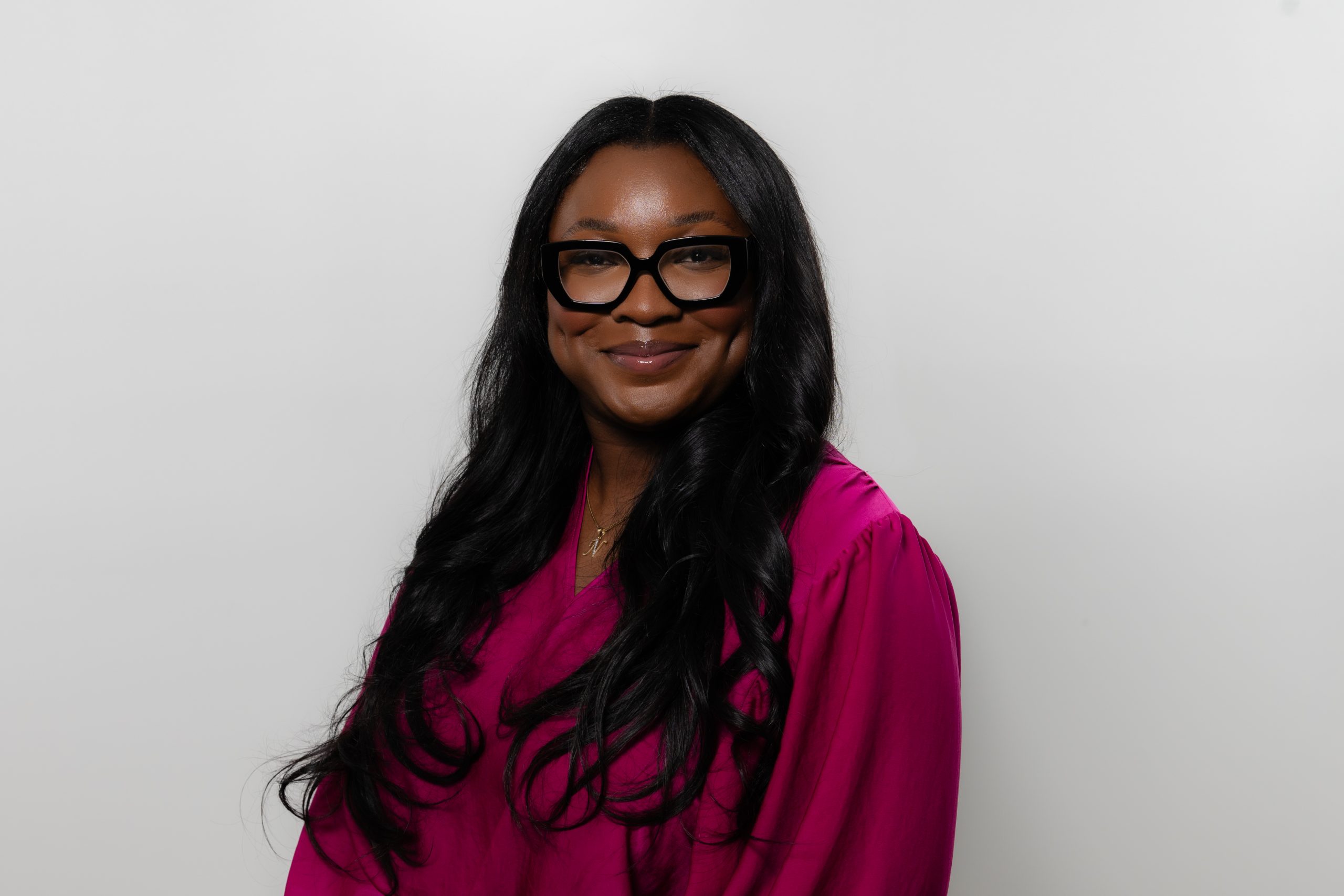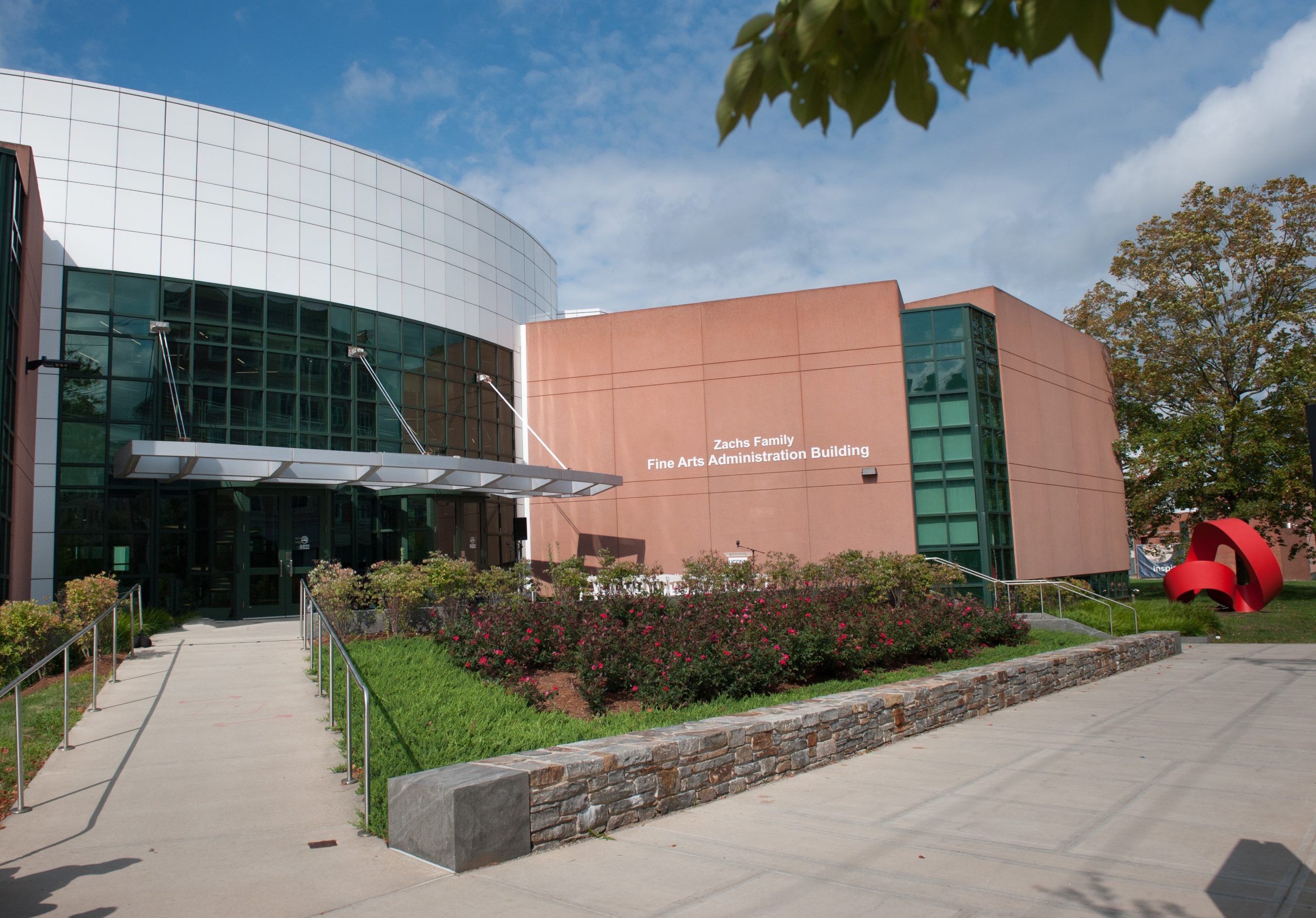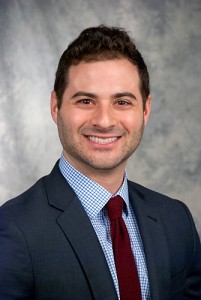
To Will Gionfriddo, practicing medicine is as much about people as it is about science.
Interaction with people is what drew him to the profession, and that interaction is also what stands out as he reflects on his four years at the UConn School of Medicine.
“It’s the camaraderie I felt with my peers and my colleagues, making lasting friendships, having conversations with people that help stimulate, challenge and enlighten you,” says Gionfriddo, who will address his class at commencement May 12. “Unhealthy competition doesn’t exist here, people are willing to help each other and teach each other, the faculty are very welcoming and very approachable. It’s an environment in which you can learn medicine and you can learn it effectively.”
Gionfriddo says he started considering medicine as a career while attending high school at Bristol Eastern, and became sure of it while studying for dual degrees at UConn, in history and psychology.
“I enjoyed taking my general biology classes in college, but it was more so the learning about the human condition in history and psychology that made me interested in medicine itself,” he says.
The last stop before medical school was UConn’s Medicine and Dental Medicine Post Baccalaureate Program. Up next is an internal medicine residency at Tufts Medical Center in Boston. Gionfriddo says he plans to specialize, perhaps in cardiology.
Gionfriddo spent time in his fourth year of medical school as a student preceptor for a correlated medical problem solving class, helping teach first-year students about pathophysiology and mechanisms of disease.
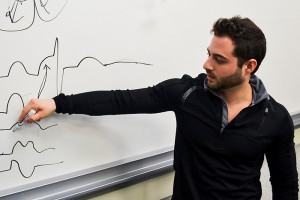
“Both learning and teaching are integral parts of the culture of medicine, and you must be able and willing to do both for the rest of your life,” he says.
What excites Gionfriddo the most about the future of medicine is a sense that a convergence of technology will lead to an explosion of innovation in health care, citing electronic medical records and mobile orders while rounding on patients as examples.
“We’re also on the cusp of making patient care more effective and efficient by using these systems that are being put in place with technology and a revived focus on collaboration and teamwork, and through that I think you’ll see in the upcoming years, patient care become more streamlined,” Gionfriddo says.
The grandson of Italian and South American immigrants, Gionfriddo is the first in his immediate family to become a doctor, which he says is a source of pride.
He’s also proud and honored to be the voice of his class at commencement, as he says goodbye to the university that’s been such a major part of his life.
“I look forward to taking all of that camaraderie and all of that interaction that I’ve had the privilege of experiencing here at UConn into my residency, and I look forward to having that guide me in my patient care,” Gionfriddo says. “I’m just grateful for the whole opportunity to learn what I’ve learned, do what I’ve done, and be a part of this field.”
Follow UConn Health on Facebook, Twitter and YouTube.
